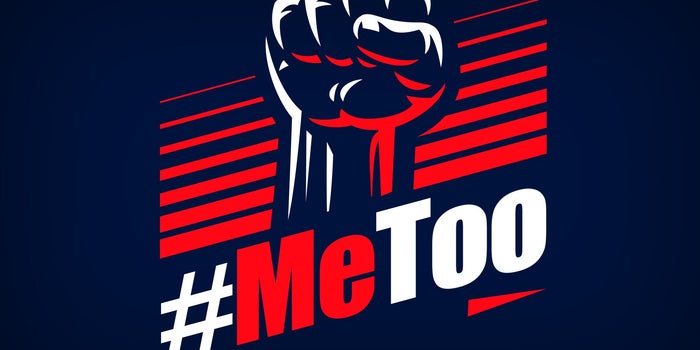Overview:
The Centre recently announced its plan to set up a panel of judges to look into the legal and institutional framework to curb sexual harassment at workplaces following the #MeToo campaign on social media.
- However, as early as 2013, the Justice J.S. Verma Committee, in its landmark report on gender laws, had recommended setting up of an employment tribunal instead of an internal complaints committee (ICC) in sweeping changes to the Sexual Harassment at the Workplace Bill.
- The panel was formed in the aftermath of the December 16 Nirbhaya gangrape in 2012 and the ensuing nationwide protests, and submitted its report on January 23, 2013.
Scenario:
At that time of the submission of the report, the Sexual Harassment at Workplace (Prevention, Prohibition and Redressal) Bill had already been passed by the Lok Sabha and was awaiting the Rajya Sabha’s nod. The Bill was passed unchanged by the Upper House a month later.
The Committee, chaired by Justice Verma and including Justice Leila Seth and senior lawyer Gopal Subramanium, termed the Sexual Harassment Bill “unsatisfactory” and said it did not reflect the spirit of the Vishakha guidelines — framed by the Supreme Court in 1997 to curb sexual harassment at the workplace.
Major recommendations made by the panel:
Punishment for Rape: The panel has not recommended the death penalty for rapists. It suggests that the punishment for rape should be rigorous imprisonment or RI for seven years to
Punishment for other sexual offences: The panel recognised the need to curb all forms of sexual offences and recommended – Voyeurism be punished with upto seven years in jail; stalking or attempts to contact a person repeatedly through any means by up to three years. Acid attacks would be punished by up to seven years if imprisonment; trafficking will be punished with RI for seven to ten years.
Registering complaints and medical examination: Every complaint of rape must be registered by the police and civil society should perform its duty to report any case of rape coming to its knowledge. Any officer, who fails to register a case of rape reported to him, or attempts to abort its investigation, commits an offence which shall be punishable as prescribed.
Marriages to be registered: As a primary recommendation, all marriages in India (irrespective of the personal laws under which such marriages are solemnised) should mandatorily be registered in the presence of a magistrate. The magistrate will ensure that the marriage has been solemnised without any demand for dowry having been made and that it has taken place with the full and free consent of both partners.
Amendments to the Code of Criminal Procedure: The panel observed, “The manner in which the rights of women can be recognised can only be manifested when they have full access to justice and when the rule of law can be upheld in their favour.” The proposed Criminal Law Amendment Act, 2012, should be modified, suggests the panel.
Bill of Rights for women: A separate Bill of Rights for women that entitles a woman a life of dignity and security and will ensure that a woman shall have the right to have complete sexual autonomy including with respect to her relationships.
Review of the Armed Forces Special Powers Act: The panel has observed that the “impunity of systematic sexual violence is being legitimised by the armed forces special powers act.” It has said there is an imminent need to review the continuance of AFSPA in areas as soon as possible. It has also recommended posting special commissioners for women’s safety in conflict areas.
Police reforms: To inspire public confidence, the panel said, “police officers with reputations of outstanding ability and character must be placed at the higher levels of the police force.” All existing appointments need to be reviewed to ensure that the police force has the requisite moral vision.
Role of the judiciary: The judiciary has the primary responsibility of enforcing fundamental rights, through constitutional remedies. The judiciary can take suo motu cognizance of such issues being deeply concerned with them both in the Supreme Court and the High Court. An all India strategy to deal with this issue would be advisable. The Chief Justice of India could be approached to commence appropriate proceedings on the judicial side. The Chief Justice may consider making appropriate orders relating to the issue of missing children to curb the illegal trade of their trafficking etc.
Political Reforms: The Justice Verma committee observed that reforms are needed to deal with criminalisation of politics. The panel has suggest that, in the event cognizance has been taken by a magistrate of an criminal offence, the candidate ought to be disqualified from participating in the electoral process. Any candidate who fails to disclose a charge should be disqualified subsequently. It suggested lawmakers facing criminal charges, who have already been elected to Parliament and state legislatures, should voluntarily vacate their seats.
Sources: the hindu.


No comments:
Post a Comment